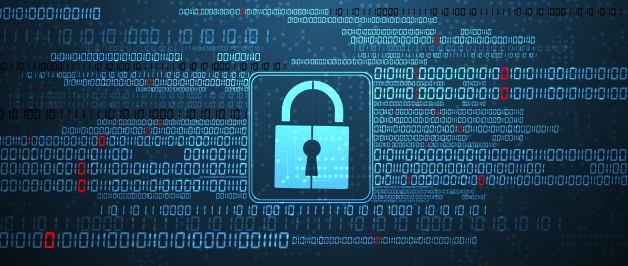
There are apps to track your fitness. There are apps to track your health.
Choose an app that makes it convenient to register your heart information and share it with doctors. Or another that automatically shares your health readings with whoever you select.
But what about those you have no idea are gaining access to your data?
We’re a society obsessed with data.
Want to see how many steps you take? Want to check your heart rate? How about a stress test?
We’re on the cusp of being able to track every aspect of our lives.
Are we prepared for the consequences?
According to a recent study on data sharing practices, 79 percent of the sampled apps shared user data with 55 unique entities. Those entities included developers and parent companies, service providers, with most providing services beyond the app in question.
How safe does that make the data you are sharing, or collecting from your patients?
Take an app that collects heart information as an example. A patient may routinely use a blood pressure cuff and record medical information. If the patient chooses to share the data with their physician, regulations state that information must be protected. If they share that same information with a physical trainer, those rules no longer apply.
How is the line drawn by the company producing the app? How does it know how to protect the data from malicious behavior? Whose job is it to ensure security? At what levels?
There are also practices a company used that are way beyond both a doctor’s and patient’s control. Geofencing is the practice of using smartphone location features to trigger digital responses. It can indicate where you are at any given point in time. It works on a small scale - recording how frequently you visit your local coffee shop. It also works on a larger scale - capturing information of everyone in attendance at an event.
Third-parties can use that data for selling, advertising, load eligibility, insurance decisions, even employment.
Still think your data is 100 percent secure?
None of this is grounds for shying away from app use. But it is a wake-up call to become more aware of everything you put into service, especially if any personal identification is used.
Dig deep into the privacy policies of any third-party system you download. How do they collect data? What do they do with it? What are your options?
The more aware you become of what to look for, the easier it will be to spot red flags before trusting a new service. Technology is here to stay. If you use it wisely, it can offer a significant boost to the way you communicate with your patients.
For IT Strategy, Cloud Conversion, or Help Desk Services reach out to us at Silver Linings Technology 360-450-4759.


